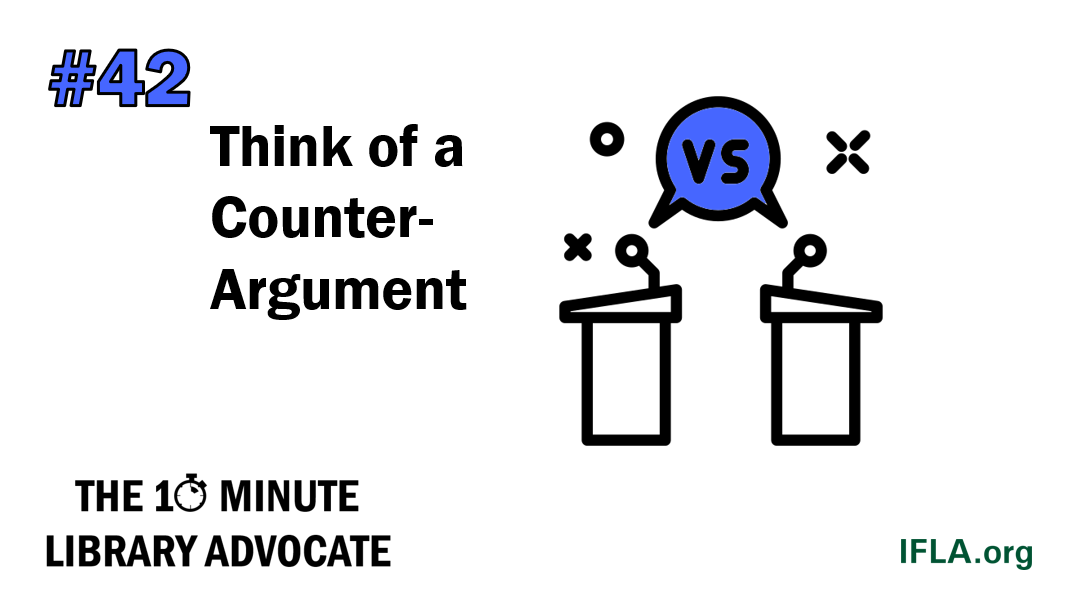As 16 November is the International Day for Tolerance, we pose a simple question:
What, exactly, is tolerance?
Is it a passive acceptance for the practices of other cultures, or rather, can it be an active celebration?
Perhaps everyone can choose for his or herself.
Let’s choose then to celebrate rather than tolerate.
Building Connections
Tolerance is strengthened through building mutual understanding between different cultures and peoples. Therefore, a celebration can be created through deepening this understanding.
Libraries, museums and other memory institutions have a unique role, not only in providing access to culture, but in defining the narratives that helps people connect with it.
This act of storytelling allows for engagement – connecting on a deeper level with other voices, other perspectives and the human-side of our interconnected histories.
Celebrating our differences, what makes us unique, and the stories we have to tell – this is more than tolerance. It is the connection we want to build in the world.
Building Peace in the Minds of Men
The Preamble to the Constitution of UNESCO (the United Nations Educational, Scientific and Cultural Organisation) states:
Since wars begin in the minds of men, it is in the minds of men that the defences of peace must be constructed.
Education and exposure to culture builds tolerance by providing opportunities for people to connect, share and learn from one another. A library, an archive, a museum or exhibition can be the medium through which these connections are nurtured.
IFLA’s mission to inspire, engage, enable and connect the Library field helps empower all libraries to be this connection-builder in their own communities.
The Human Library
IFLA’s SDG Stories are rich with examples of libraries being spaces for building connections. The “Human Library” in Kazakhstan is one such example.
In this programme, participants from often discriminated-against groups acted as “human books”, allowing others to ask questions to learn about their experiences. The goal is to use storytelling and connection-building to address the issue of discrimination based on religion, ethnicity, political opinion, gender, sexual orientation and disability.
In the end, there was a sense of community and support created, and participants felt heard and empowered to continue sharing their perspectives.
No matter their resources, libraries can use their institutions to be the driver in bringing people together to share their stories and build mutual respect.

“Human Books and Organizers ” by Marina Poyarkova is licensed under CC BY 4.0
Take Action
We challenge our network not just to tolerate, but to celebrate, share and nurture our diversity, building a stronger and more connected world.
IFLA will continue supporting UNESCO’s mission to build peace through education, science and culture during the 40th Session of the General Conference. Read more about our participation here: Key Issues for Libraries at the UNESCO General Conference.
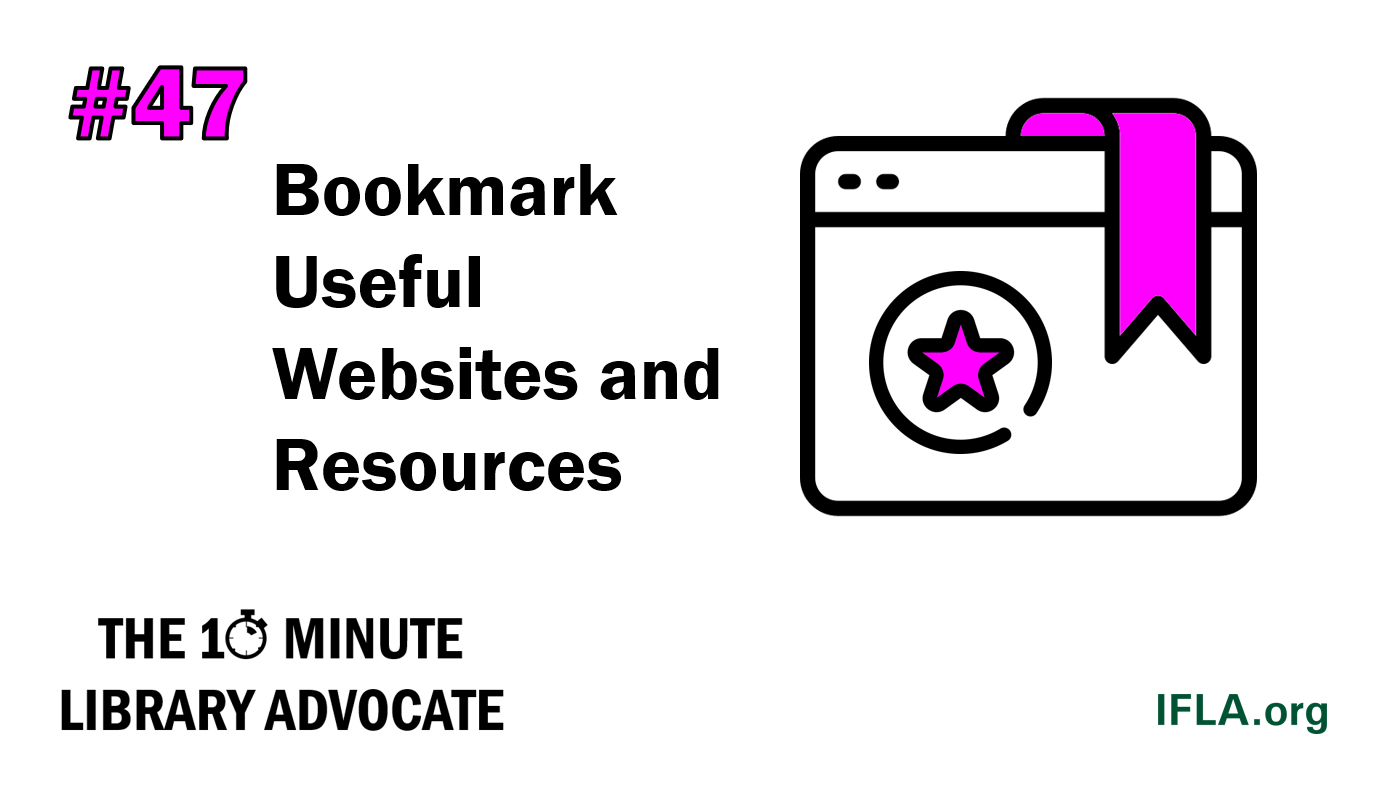
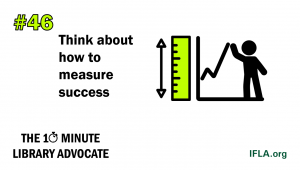 The need for library advocacy is clear. But it’s not always easy to tell how effective it has been.
The need for library advocacy is clear. But it’s not always easy to tell how effective it has been.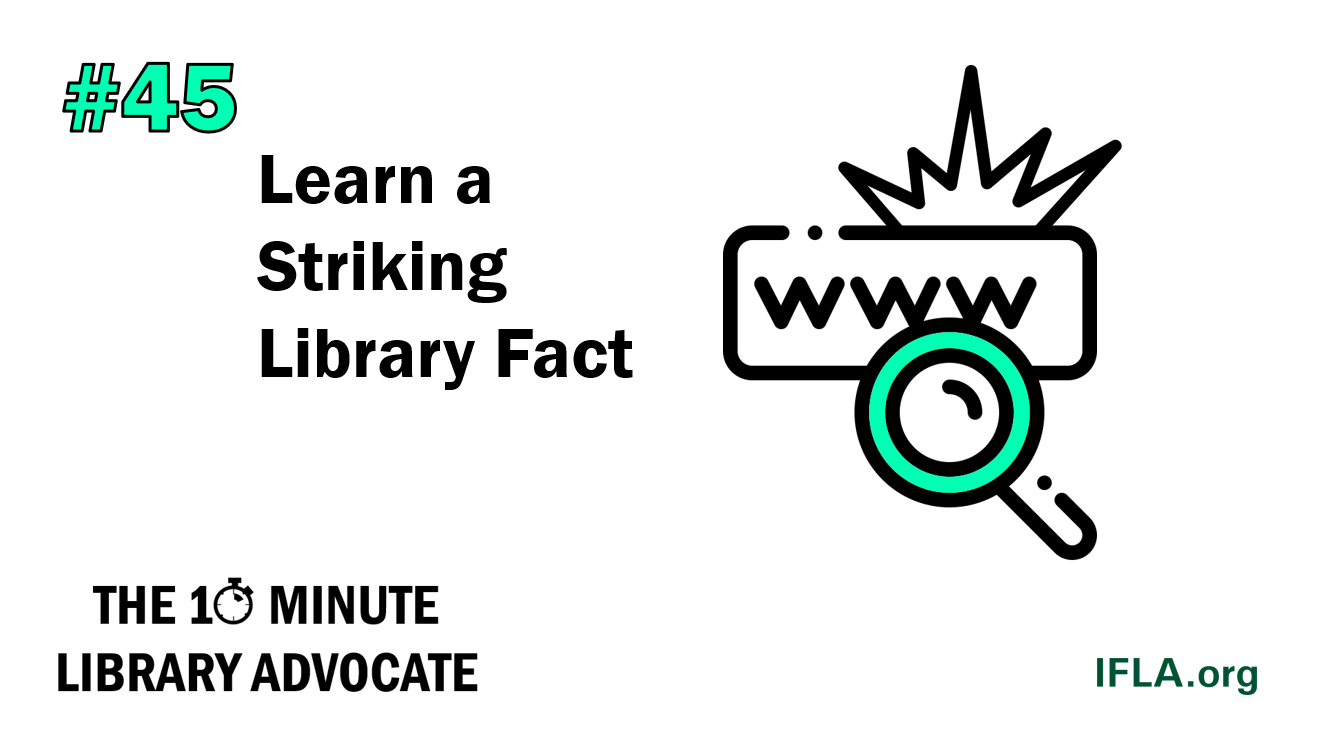
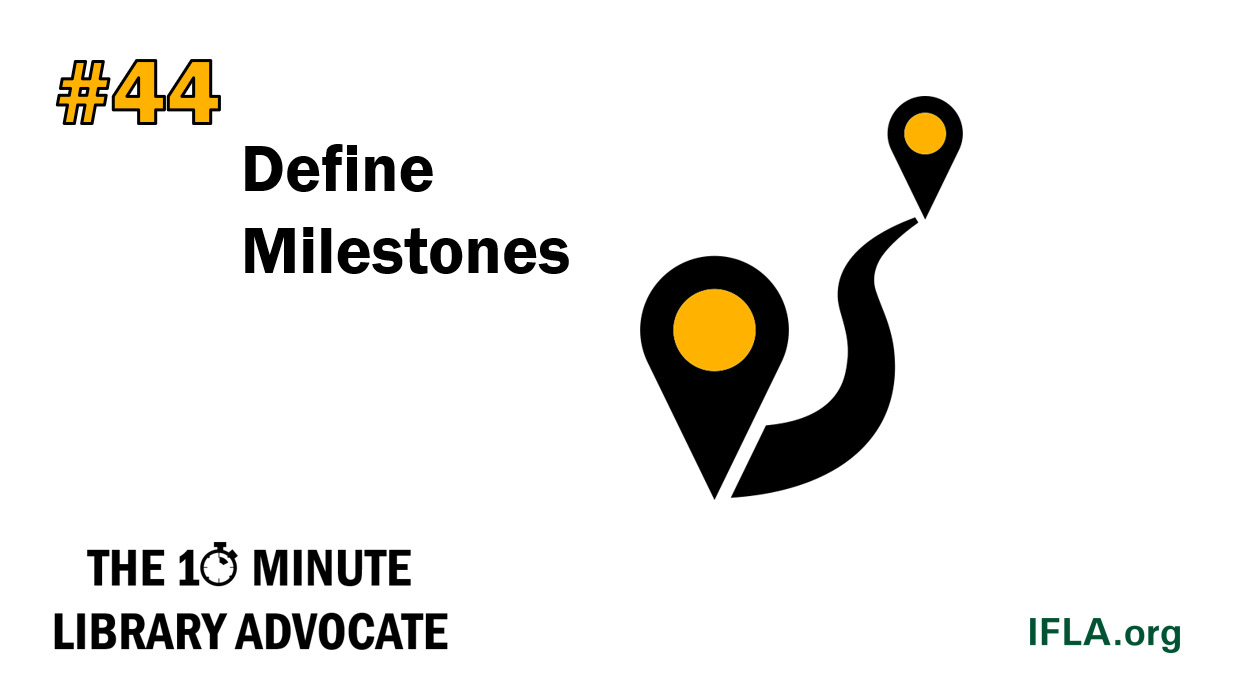

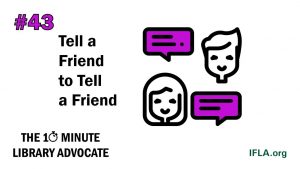 Advocacy is about being convincing.
Advocacy is about being convincing.